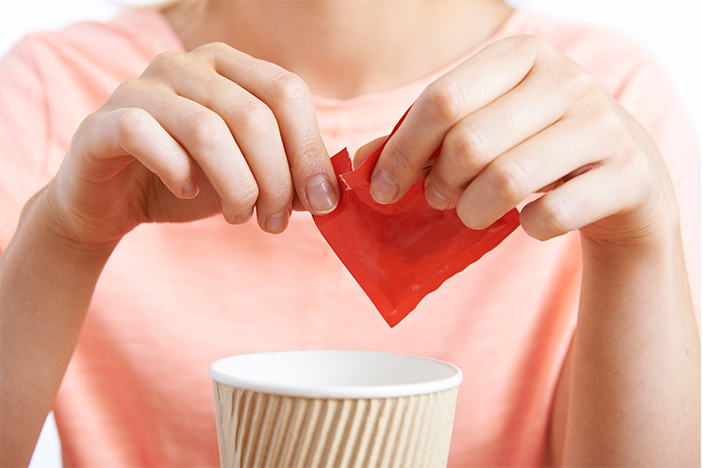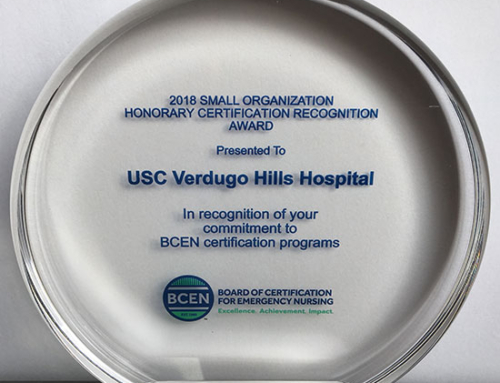Although they are advertised as being better for your body than sugar, artificial sweeteners may be not be as harmless as they seem.
Ever since saccharin, the first artificial sweetener, was created in 1879, scientists have been keeping an eye on the possible side effects of sugar substitutes. While they don’t have any calories and don’t contribute to tooth decay the way sugar does, the latest studies show that they are far from being the magic bullets the diet soda industry would like consumers to believe.
Here are a few essential facts to keep in mind next time you think about adding some sugar substitute to your tea or coffee.
They may not help with weight control
One of the most appealing aspects of artificial sweeteners is that they have almost no calories. A gram of sugar has 4 calories, a teaspoon is about 16 calories and a 12-ounce can of sweetened soda has about 150 calories. So, if you are trying to avoid gaining weight, using artificial sweeteners may seem like a reasonable option. However, some research has shown that artificial sweeteners may be associated with increased weight. According to a study that followed thousands of San Antonio residents for a decade, those who drank more than 21 servings of diet drinks a week were at twice the risk of becoming overweight or obese. The more diet soda they consumed, the greater the risk became.
They may lead to temptation to eat more
Saccharin, acesulfame, aspartame, neotame, and sucralose are the five main types of artificial sweeteners that have been approved by the FDA. However, nutritionists warn about the possibility that consuming them regularly may offset weight loss or health benefits. There is a good chance that those who use artificial sweeteners may indulge in more fatty food because they’re drinking diet soda. You can learn more about each one of these additives here.
They may overstimulate your sugar receptors
Some studies have shown that sugar substitutes may actually alter the way we taste food as they are more powerful than table sugar and high-fructose syrup. A small amount of these non-nutritive sweeteners produces a very sweet taste compared to sugar. This overstimulation of sugar receptors can then limit our tolerance for more complex tastes. As a result, frequent sweetener users may build up resistance to less intensely sweet food such as fruits and non-sweet, nutritious food such as vegetables.
They may be highly addictive
Giving up diet sodas and artificial sweeteners may not be as easy as you think. Some studies in animals have suggested that these additives may be highly addictive. A majority of rats that were exposed to cocaine and were given the option to pick between cocaine and oral saccharine, and a majority picked saccharine in this study.
What about stevia?
In the past few years, a natural low-calorie sweetener known as stevia has been growing in popularity. Extracted from the leaves of the plant species known as Stevia rebaudiana, it’s 300 times sweeter than sugar. However, no long-term studies have been done to evaluate its full effects on human health, and the FDA has not approved the use of whole-leaf Stevia or crude Stevia extracts as food additives. (Sweeteners such as Truvia use a compound called rebaudioside, a stevia extract that undergoes a lengthy chemical process.)
The healthiest choice is to give up diet sodas and artificial sweeteners altogether. If you have any questions about eating healthy or how to make your diet work for you, schedule a visit with your primary care physician.
If you are in the Glendale, La Cañada Flintridge or the surrounding Foothill communities, and you are looking for exceptional care from a community hospital that cares, schedule your appointment by calling (818) 790-7100.
By Ramin Zahed





















